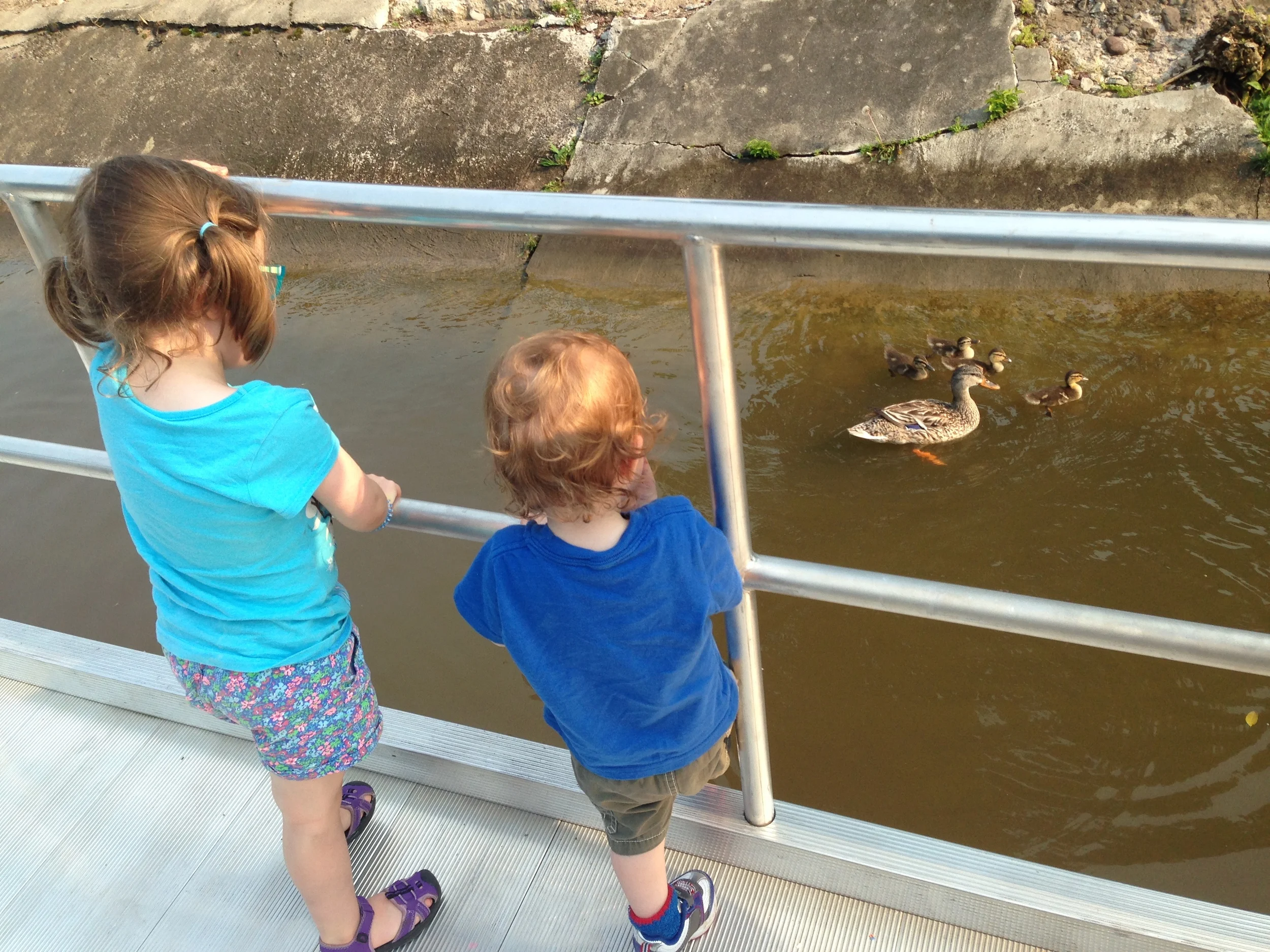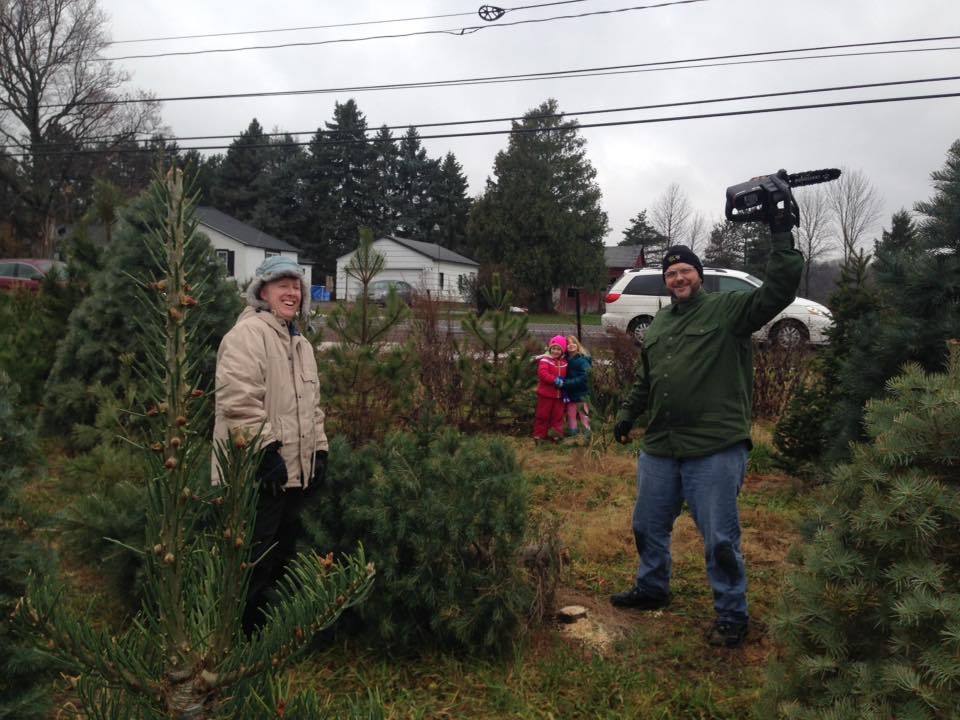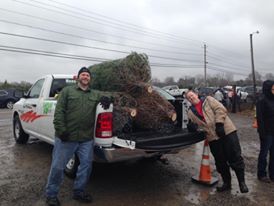I've been thinking about how to say this for the last few weeks, and nothing I've thought has sat well enough that I felt fully comfortable writing and sharing it widely. I'm trying to avoid devolving into a know-it-all advice column, so I've been perseverating on how to say this.
But I'm going to say this because it's something I'm trying to live myself and help others to do. And I think it's a perspective worth sharing with you.
Everybody is doing too much, almost all of the time.
You probably already know this, but my hope is that reading what I have to say here will help you see the value of doing less, well.
I recently read an article in the September 19-October 2, 2016 edition of New York Magazine, which prompted me to get over the perfectionist parts in myself that hesitated to write this.
This piece is not the first to speak to the digital hijacking of free time and empty space, but I think it underscores the frequency, intensity, and duration of the electronic undertow many of us are caught in. I will acknowledge here the subtle irony of my writing adding to this current.
I see so many people - adults, children, adolescents, parents - racing to DO, TO GET DONE and so few folks feeling comfortable or even permitted by themselves to simply BE PRESENT. Not only present with others, but with themselves, their thoughts, their feelings, their bodies.
Now, I freely confess (to those that don't already know) that I am no Buddha sitting under the bodhi tree. I am a born, reinforced, dyed in the wool diehard DO-er of the first order. I come by it honest through my parents, gathered a lot of my worth as child by racking up accolades, and married a woman who gets stuff done all day long. I believe there is value in the dignity of work and accomplishing things daily either in the service of others, to further yourself, and ideally, both.
However, I feel like we DO too much by trying to always fix things rather than trying to find some time to BE in order to understand and appreciate things as they are. I know there are so many, many things we want to change or be different in our lives:
“ How can I get my child to talk [about their feelings in general or when they are upset or AT ALL or EVER]?
How can I help them express their feelings [differently or safely or in an acceptable manner]? ”
These questions seem to demand a DO approach. How else could a caregiver respond to these two questions than by taking as much action as possible in order to help their child today?
But how do we know WHAT to DO until we first examine HOW we ARE right now? I'm not talking about some existential examination of consciousness or a philosophical debate on the value of neurodiversity. What I'm talking about is taking stock of ourselves, our behavior, our goals, and our dreams before we start to act on the world hoping that it will change.
There's never enough time in the day, the week, or the year to think and feel our way through things without also doing something to make those things happen. Every impulse in my rational being pushes me to get stuff done, too. I am easily seduced by the allure of getting stuff done.
What I want to sell you on is DOING LESS, WELL in order to have more time to SIMPLY BE.
Some examples:
- Sit in a room by yourself and think for 5 minutes about your day (the one you're in)
- Eat a snack outside or near a window and think about your dreams (any of them)
- Read a book that you once loved as a child (it doesn't matter how young you were)
- Turn off the radio and listen to the hum in the car (or the sounds of the road)
Now, I believe that everyone can do one of these every single day. I know I can, and I often forget or contradict myself by multitasking my way through many aspects of my daily routine.
I think part of what keeps many of us from simply being with ourselves for brief periods of time is an overwhelming sense of anxiety or guilt that we're not DOING all we can in that moment.
A continual pattern of DOING can quickly cause a cacophony of activity with no end in sight.
These are some ways I've tried to set limits on my over-DOING and increasing my BEING:
- Set Do Not Disturb function (with professional exceptions) on my phone during dinner
- Play video games for 15 minutes during lunch (yep, Zelda is my favorite)
- Read the lyrics to the songs I sing to my children every night (I'm old, I know)
- Walking down our wooded driveway with my son (just trying to listen to him)
In my work with families, I try to encourage and foster this concept of BEING over DOING by inviting them to focus on 1 or 2 (tops!) things each week as part of our work together. I also try to constrain folks to focus on these 1 or 2 things really well during specific periods of time. So rather than say, "Change the way you respond to this behavior ALL DAY," I try to help families identify a time during the day when they are most likely to be successful with this strategy.
My tacit hope, which I have not until now fully articulated, is that by focusing on 1 or 2 things to DO, I can help free up more time for families to BE with their children and with themselves. Now I think this is somewhat wishful thinking on my part knowing that many families cannot rest too easily unless they feel or even know they have done all they can for their children.
But here it is: I think most of us would be much happier and behaviorally better of if we DID LESS, WELL.









